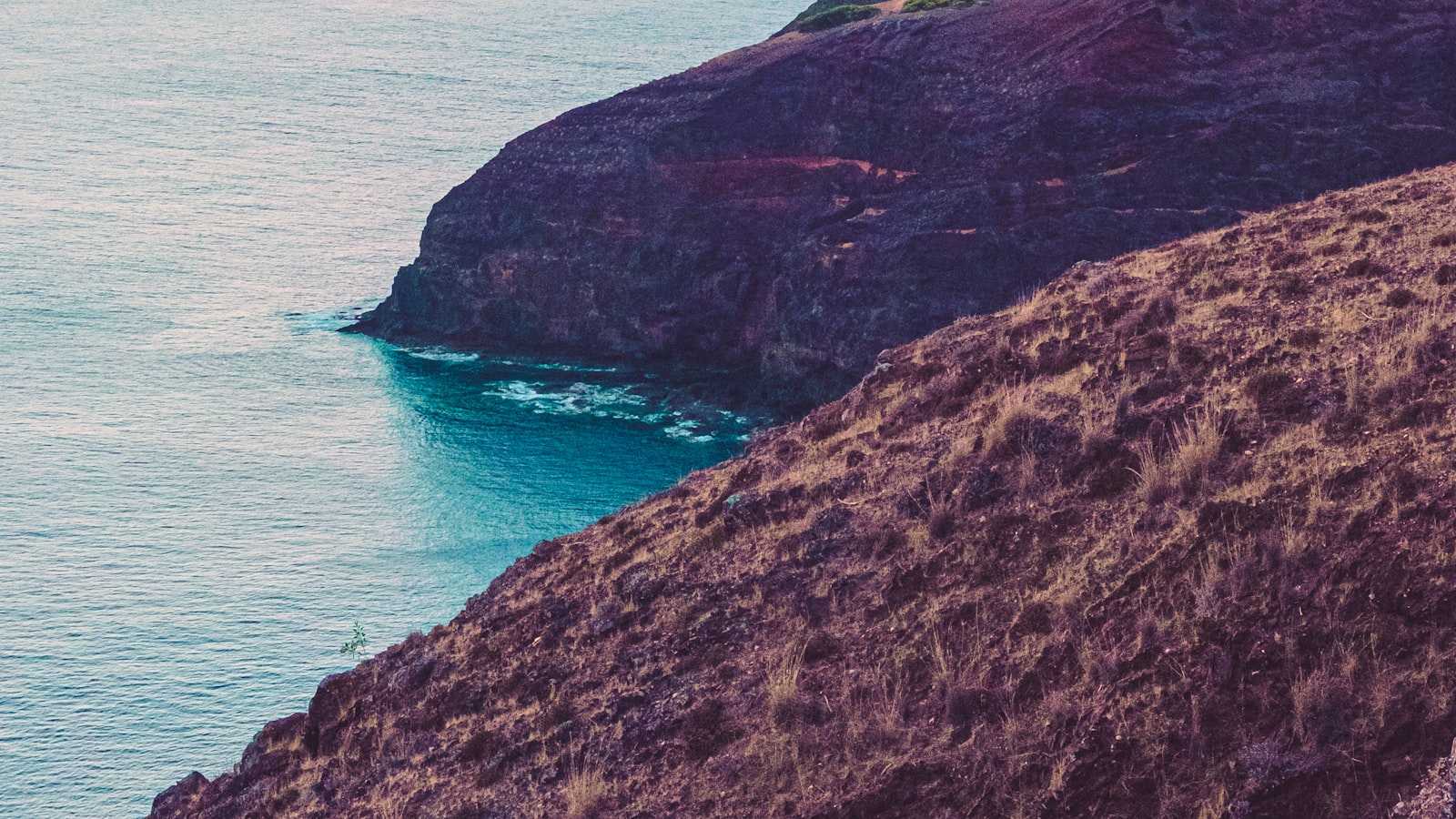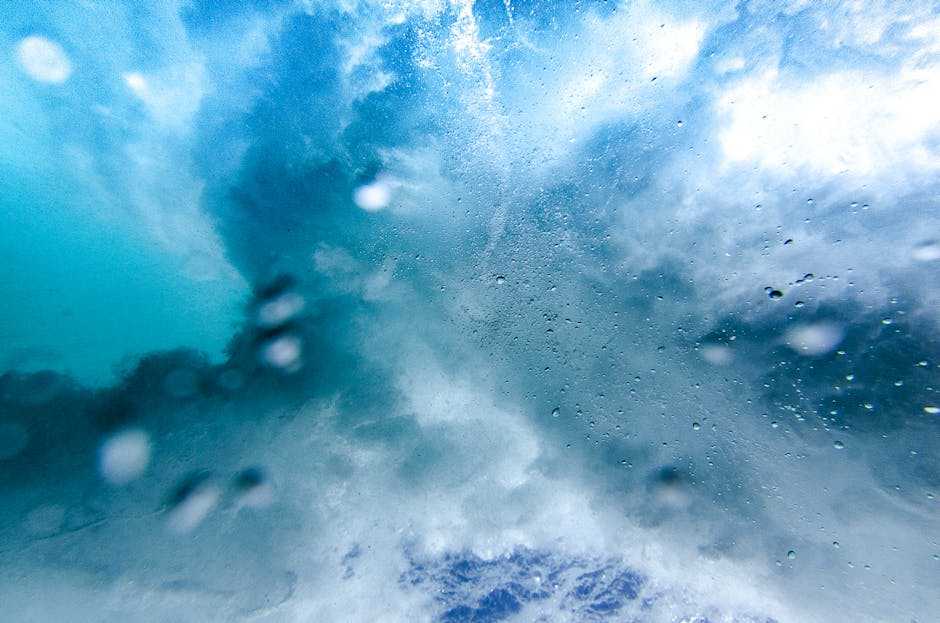Imagine staring at a painting and feeling the gentle movement of waves lulling you into a mesmerizing dance of colors and shapes. The portrayal of waves in paintings has captivated artists and art enthusiasts alike for centuries, each brushstroke capturing the essence of fluidity and emotion. Dive into the world of waves in paintings as we explore how artists throughout history have depicted the ebb and flow of these natural wonders on canvas. Let’s unravel the mystique behind the rhythmic undulations that have inspired countless masterpieces and stirred the depths of creativity.
Table of Contents
- Exploring the Captivating Representation of Waves in Art
- Mastering the Technique: Depicting Movement and Energy in Wave Paintings
- Unveiling Symbolism: Understanding the Deeper Meanings Behind Waves in Artworks
- Tips and Techniques: How to Create Stunning Wave Paintings with Depth and Emotion
- Q&A
- In Conclusion


Exploring the Captivating Representation of Waves in Art
In the realm of artistic expression, waves hold a mesmerizing allure that has captured the imagination of painters throughout history. From the peaceful ripples of a tranquil sea to the powerful crashing waves against a rocky shore, artists have skillfully depicted these dynamic forces of nature in a myriad of ways. The fluidity and movement of waves provide artists with a fascinating subject to explore, allowing them to convey a sense of motion, depth, and emotion in their paintings.
When delving into paintings that depict waves, one cannot help but be drawn into the evocative scenes that unfold before their eyes. The varying shades of blue blending seamlessly together, the frothy white caps dancing atop the waves, and the interplay of light and shadow creating a sense of drama—all come together to form a visual symphony that captivates the viewer’s senses. Through intricate brushwork and a keen understanding of light and composition, artists bring to life the ebb and flow of waves, inviting observers to immerse themselves in the beauty and power of nature’s rhythmic dance.
Mastering the Technique: Depicting Movement and Energy in Wave Paintings
To truly capture the essence of movement and energy in wave paintings, artists must master the art of fluid brushstrokes and dynamic color palettes. By skillfully incorporating these elements onto their canvas, painters can evoke the rhythmic dance of waves crashing against the shore. Bold strokes that mimic the ebb and flow of the ocean can bring a sense of vitality and movement to the artwork, creating a visual symphony of motion that draws viewers into the scene.
In addition to brushwork, the use of vibrant hues and gradients can further enhance the sense of energy in wave paintings. Bold contrasts between light and dark tones can replicate the play of sunlight on cresting waves, adding depth and dimension to the artwork. By carefully selecting colors that reflect the mood and atmosphere of the sea, artists can infuse their paintings with a sense of life and motion, transporting viewers to the ever-changing world of the ocean.

Unveiling Symbolism: Understanding the Deeper Meanings Behind Waves in Artworks
In artworks, waves often serve as powerful symbols that go beyond their literal depiction. Artists have long used the imagery of waves to convey a wide range of emotions, themes, and concepts. From serene and tranquil seas to tumultuous and chaotic waters, the representation of waves in paintings can evoke various meanings and stir deep emotions in the viewer.
The symbolism of waves in art can symbolize:
- Emotions: Waves can represent a range of emotions such as calmness, strength, chaos, or renewal.
- Life’s Cycles: Waves symbolize the cyclical nature of life, with highs and lows, ebbs and flows.
- Freedom: The vast expanse of the ocean and the movement of waves can signify freedom, exploration, and boundless possibilities.
- Transformation: Waves crashing against rocks can symbolize resilience, adaptability, and the ability to overcome obstacles.


Tips and Techniques: How to Create Stunning Wave Paintings with Depth and Emotion
Creating captivating wave paintings goes beyond just depicting the ocean’s movement; it involves infusing your artwork with depth and emotion. To achieve stunning results, consider these essential tips and techniques to breathe life into your wave-inspired masterpieces:
Utilize a variety of brush strokes to mimic the intricate patterns of waves crashing against the shore. Experiment with both broad, sweeping strokes to convey the vastness of the ocean and finer, detailed strokes to emphasize the foam and spray of breaking waves.
**Key Elements to Include in Your Wave Paintings:**
- Play with light and shadow to add dimension and realism.
- Incorporate layers of color to capture the ever-changing hues of the sea.
- Focus on the movement and direction of the waves to evoke a sense of energy and dynamism.
When aiming to evoke emotion in your wave paintings, consider the mood you wish to convey. Are you inspired by the peaceful serenity of a calm sea at sunset, or the raw power of turbulent waves during a storm? By infusing your artwork with emotion, you can create a visceral connection with viewers and evoke a range of feelings through your art.
| Wave Painting Tips | Techniques |
|---|---|
| Diversify brush strokes | Use light and shadow effectively |
| Layer colors for depth | Capture wave movement |
| Infuse emotion into your art | Consider the mood you want to evoke |
Q&A
**Q: What role do waves play in paintings?**
A: Waves in paintings often symbolize the ebb and flow of life, representing the constant movement and change that is inherent in the human experience. They can evoke a sense of calm and tranquility or convey power and intensity, depending on how they are depicted by the artist.
Q: How can waves be portrayed in a painting to evoke certain emotions?
A: Artists use various techniques to portray waves in paintings to evoke specific emotions. Soft, gentle brushstrokes may create a serene and peaceful scene, while bold, dynamic strokes can convey energy and drama. The color palette chosen for the waves can also influence the mood of the painting, with cool blues and greens often associated with tranquility, and darker tones representing strength and power.
Q: Are there famous paintings that prominently feature waves?
A: Yes, there are several famous paintings that prominently feature waves. One notable example is “The Great Wave off Kanagawa” by Hokusai, a masterpiece of Japanese art that depicts a powerful wave towering over boats. This iconic image captures the beauty and strength of the natural world, inspiring awe and admiration in viewers.
Q: How have waves been interpreted in art throughout history?
A: Throughout history, waves have been interpreted in art in diverse ways. In ancient myths and religious art, waves were often symbolic of chaos and the untameable forces of nature. During the Romantic era, waves became a popular subject for landscape painters, representing the sublime power of the natural world. In modern art, waves continue to be a source of inspiration for artists exploring themes of motion, energy, and transformation.
Q: Can waves in paintings have a therapeutic effect on viewers?
A: Yes, waves in paintings can have a therapeutic effect on viewers. The rhythmic movement of waves has a calming influence on the mind, promoting relaxation and reducing stress. Looking at a painting of waves can evoke a sense of mindfulness and connection to nature, providing a welcome escape from the hustle and bustle of everyday life.
In Conclusion
As you dive deeper into the mesmerizing world of waves in paintings, may the ebb and flow of artistic inspiration guide you to explore the vast ocean of creativity. Let each brushstroke transport you to the tranquil shores of imagination, where the beauty of nature meets the skill of the artist. Embrace the power of waves captured on canvas, bridging the gap between reality and reverie. Whether you are an art enthusiast, a budding painter, or simply a lover of the aesthetic, may the waves depicted in paintings continue to ripple through your thoughts, leaving a lasting impression of artistry and wonder. Let the waves of creativity wash over you, carrying you to distant horizons of artistic delight.
[elementor-template id=””1335″”]
[elementor-template id=””1377″”]
